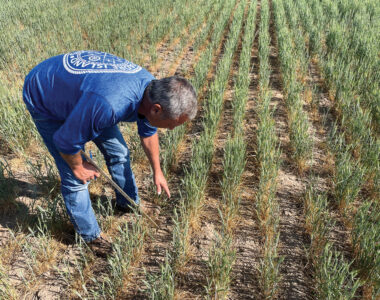
What the MAHA Commission Recommends
The Make America Healthy Again (MAHA) Commission, co-chaired by Health and Human Services Secretary Robert F. Kennedy Jr. and Agriculture Secretary Brooke Rollins, recently released its latest set of recommendations. The commission’s work focuses on addressing the rising rates of chronic illness among children, which include conditions such as obesity, diabetes, and developmental disorders.
In its report, the MAHA Commission outlined a strategy that emphasizes stronger research, more transparent regulation, and closer collaboration between federal agencies. The recommendations call for a deeper examination of how environmental exposures, food quality, and agricultural practices may contribute to long-term health outcomes for children. The commission’s stated goal is to use evidence-based research to guide both policy decisions and public health initiatives that could reduce the burden of disease in future generations.
Key Research Initiatives
The MAHA Commission calls for expanded study into how factors like pesticides, plastics, and other environmental exposures may contribute to chronic illness in children. The focus includes evaluating cumulative chemical impacts, with an emphasis on non-animal testing methods such as computational tools.
The commission also proposes that the Environmental Protection Agency (EPA) work with agricultural and food stakeholders to build public confidence in pesticide review processes and continue improving risk management systems.
Dietary and Environmental Priorities
On the food front, the MAHA Commission recommends easing restrictions on full-fat dairy in school cafeterias, ensuring districts can offer both full-fat and reduced-fat options. It also emphasizes research into water contaminants, including fluoride and pharmaceuticals, with the USDA partnering through its agricultural research arm to explore their impact on animal and human health.
Regulatory Transparency and Research Partnerships
To enhance public trust, the commission wants the EPA, USDA, and National Institutes of Health (NIH) to establish frameworks for assessing chemical exposures and agricultural practices. It calls for transparency in the pesticide approval process and research that supports safer, evidence-based farming.
Summary
The MAHA Commission report proposes an expanded research agenda focused on elements such as pesticide exposure, plastics, and food quality that may influence childhood health. It advocates for more rigorous scientific review, public-facing transparency, and interagency collaboration to inform policies and safeguard future generations.



